--------- How to Immigrate to Switzerland: Permits, Naturalization, and Helpful Tips
Dec 12, 2024
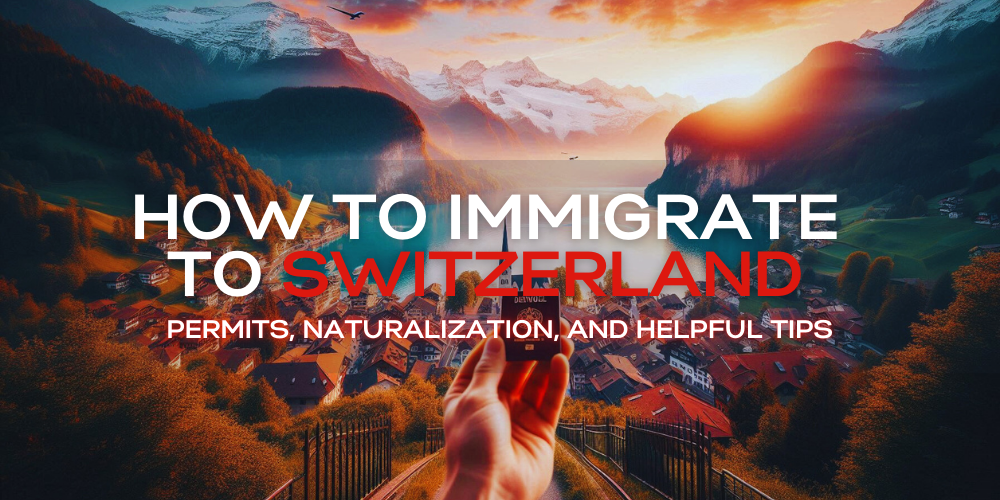
Switzerland, with its breathtaking landscapes, world-class infrastructure, and high standard of living, has become a sought-after destination for people from all over the world. However, moving to this beautiful country requires careful planning due to its strict immigration policies. In this guide, we will cover everything you need to know about how to move to Switzerland, including types of permits, residence requirements, naturalization, and tips for settling in.
Why Move to Switzerland?
Before getting into the legal aspects, it’s important to know why Switzerland attracts thousands of newcomers each year:
- Quality of Life: Ranked among the top countries for overall living standards.
- Economic Stability: A strong economy with low unemployment.
- Job Market: Home to multinational corporations and thriving industries like finance, pharmaceuticals, and technology.
- Education & Healthcare: World-renowned educational institutions and high-quality healthcare.
- Safety & Environment: One of the safest and cleanest countries in the world.
Understanding Swiss Immigration Rules
Who Can Move to Switzerland?
Switzerland has different immigration rules for:
- EU/EFTA Nationals: Citizens from EU/EFTA countries face fewer restrictions.
- Non-EU/EFTA Nationals: Individuals from non-EU countries must meet stricter requirements, including work or family reunification permits.
Types of Swiss Permits
To live, work, or study in Switzerland, you will need one of the following permits:
Permit L (Short-Term Resident Permit)
- Duration: Up to one year.
- Eligibility: Granted to individuals with temporary employment contracts.
Permit B (Initial Resident Permit)
- Duration: Renewable annually.
- Eligibility: For long-term employment or family reunification.
Permit C (Permanent Residency)
- Duration: Indefinite.
- Eligibility: Granted after 5-10 years of residence, depending on nationality and integration efforts.
Permit G (Cross-Border Commuter Permit)
- Eligibility: For individuals working in Switzerland but living in neighboring countries.
Permit F (Provisionally Admitted Foreigners)
- Eligibility: Issued to individuals temporarily allowed to stay for humanitarian reasons.
How to Move to Switzerland: Step-by-Step Guide
Step 1: Determine Your Eligibility
- EU/EFTA nationals can move freely for work or residence.
- Non-EU/EFTA nationals require a job offer, student enrollment, or family ties.
Step 2: Apply for a Swiss Visa (for Non-EU/EFTA Citizens)
Non-EU nationals must apply for a Swiss visa before entering the country. Common visa types include:
- Work Visa: Requires an official job offer from a Swiss employer.
- Student Visa: Requires proof of enrollment in a recognized Swiss educational institution.
- Family Reunification Visa: For immediate family members of Swiss residents or citizens.
Where to Apply:
- Apply at the nearest Swiss embassy or consulate in your home country.
Step 3: Obtain a Residence Permit
After arriving in Switzerland, you must register at the local cantonal migration office within 14 days. Submit the following documents:
- Passport and visa (if applicable)
- Employment contract (for work permits)
- Proof of accommodation
- Health insurance proof
- Passport-sized photos
Step 4: Secure Accommodation
Finding housing in Switzerland can be challenging due to high demand. Here’s where to start:
- Online Portals: Homegate.ch, ImmoScout24.ch, and Comparis.ch.
- Real Estate Agents: Consider hiring an agent for personalized assistance.
Documents Required for Rental Applications:
- Proof of employment/income
- Residence permit
- Rental history or references
Step 5: Enroll in Health Insurance
Swiss law requires everyone living in the country to have health insurance. You must purchase coverage within three months of arrival.
- Compare plans on Comparis.ch.
- Monthly premiums typically range from CHF 200 to CHF 400 per person.
Step 6: Register for Swiss Schools (If Moving with Children)
Switzerland has an excellent education system. You can choose from:
- Public Schools: Free, but language depends on the canton.
- Private International Schools: Ideal for expats but can be expensive.
Working in Switzerland
Finding a Job in Switzerland
- Online Job Portals: Use platforms like Jobs.ch, Indeed.ch, and LinkedIn.
- Recruitment Agencies: Specialized recruiters can help you find job opportunities.
- Networking: Professional networking is highly valued in Switzerland.
Popular Industries in Switzerland:
- Finance and Banking
- Pharmaceuticals and Biotechnology
- IT and Technology
- Hospitality and Tourism
Work Permits for Non-EU/EFTA Nationals
Swiss employers must prove that they couldn’t find a qualified local or EU candidate before hiring a non-EU citizen. Once hired, the employer sponsors the work permit application.
Path to Swiss Naturalization
Becoming a Swiss citizen is a long-term process requiring:
- Permanent Residency (Permit C): After 5-10 years, depending on nationality.
- Integration: Proof of cultural and linguistic integration.
- Application Process: Includes interviews, tests, and a background check.
Cost of Living in Switzerland
Switzerland is one of the most expensive countries in the world. Here’s a breakdown of average monthly expenses:
- Rent: CHF 1,500 - 3,500 (varies by city)
- Utilities: CHF 150 - 300
- Groceries: CHF 400 - 600 per person
- Transportation: CHF 70 - 100 (monthly pass)
- Health Insurance: CHF 200 - 400 per person
Cultural Adjustment and Language Learning
Switzerland has four official languages:
- German: Spoken in the majority of the country.
- French: Spoken in western regions.
- Italian: Spoken in southern areas.
- Romansh: Spoken in some parts of Graubünden.
Learning the local language can ease integration. Consider enrolling in language schools like Berlitz or Migros Klubschule.
Tips for a Successful Move to Switzerland
- Plan Early: Start preparing six months before your move.
- Organize Important Documents: Ensure all legal, financial, and educational documents are translated into an official Swiss language.
- Budget Accordingly: Switzerland is expensive, so budget carefully.
- Stay Informed: Immigration laws can change, so regularly check official Swiss government websites.
Moving to Switzerland can be a life-changing experience. With proper planning, the right permits, and an understanding of the country’s culture, you can enjoy one of the highest standards of living in the world. Use this comprehensive guide to navigate the process and make your Swiss dream a reality.
Recent Articles
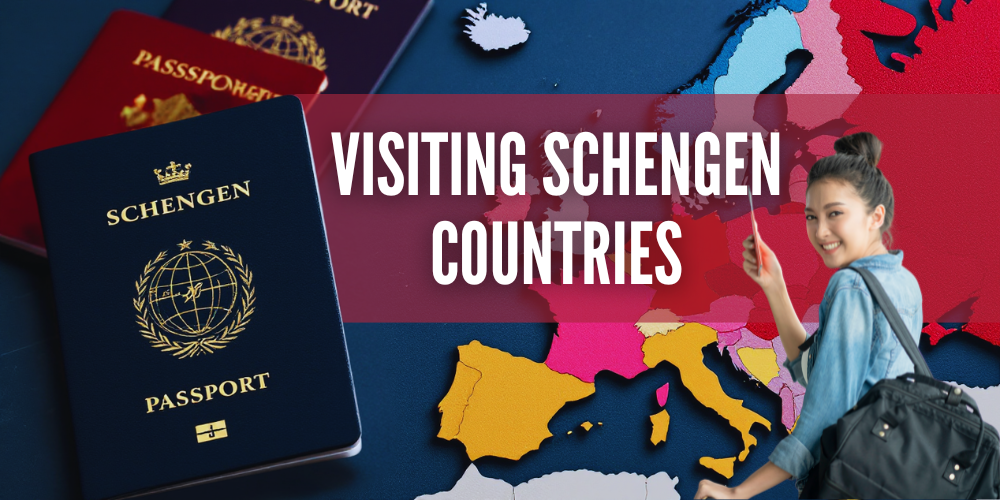
Best Schengen Countries to Visit with One Visa
A Schengen visa is one of the most powerful travel documents for exploring Europe. With a single app

ETIAS Explained: Europe’s New Travel Authorization System
Europe is shaking up short-stay travel, and if you’ve ever zipped across the continent visa-free,
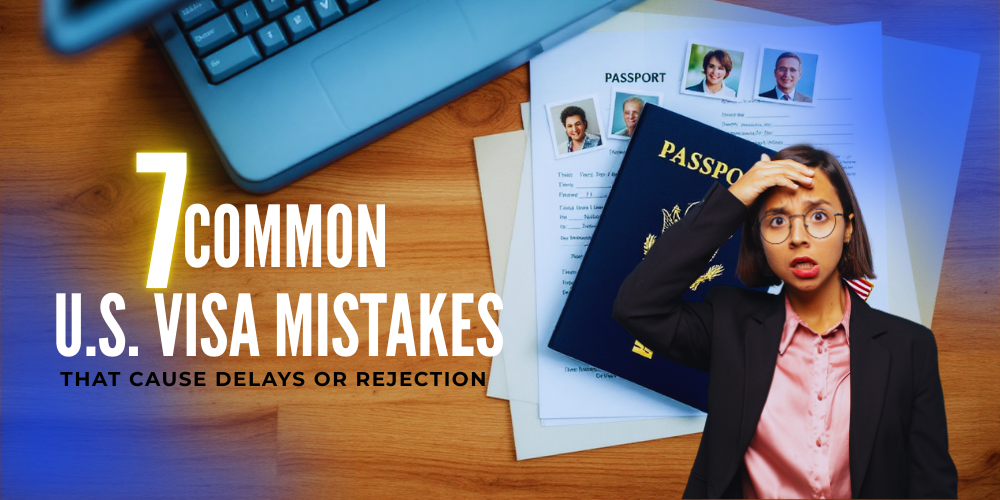
7 Common U.S. Visa Mistakes That Cause Delays or Rejection
U.S. visa delays and refusals are rarely caused by a single dramatic mistake. More often, they stem
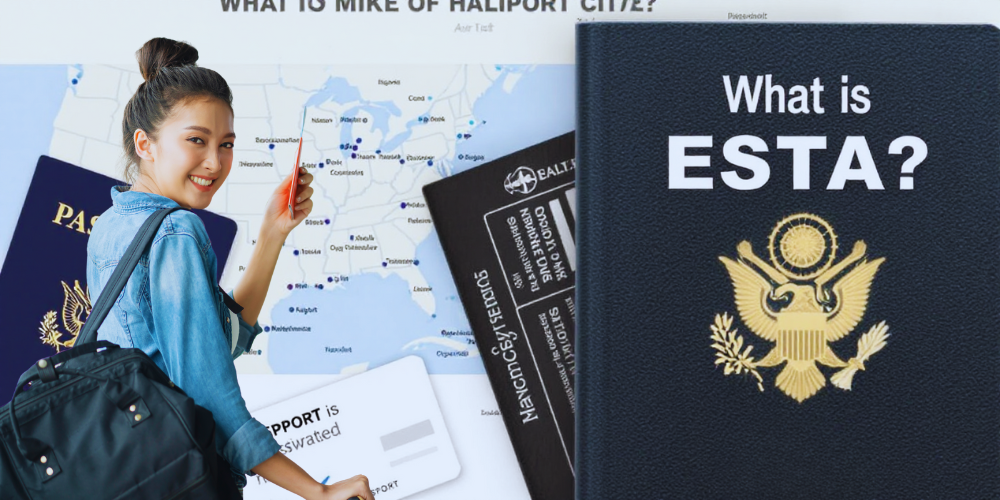
ESTA Explained: Who Needs It and How to Apply in 2026
The ESTA—short for Electronic System for Travel Authorization—is the quiet gatekeeper behind vis
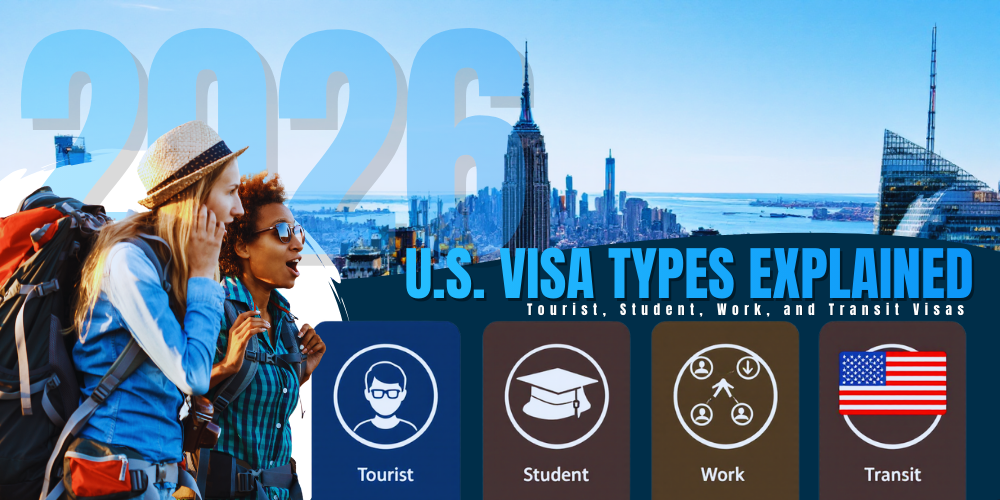
U.S. Visa Types Explained: Tourist, Student, Work, and Transit Visas (2026 Guide)
Before you book flights, pack bags, or start filling out forms, there’s one concept you need to un
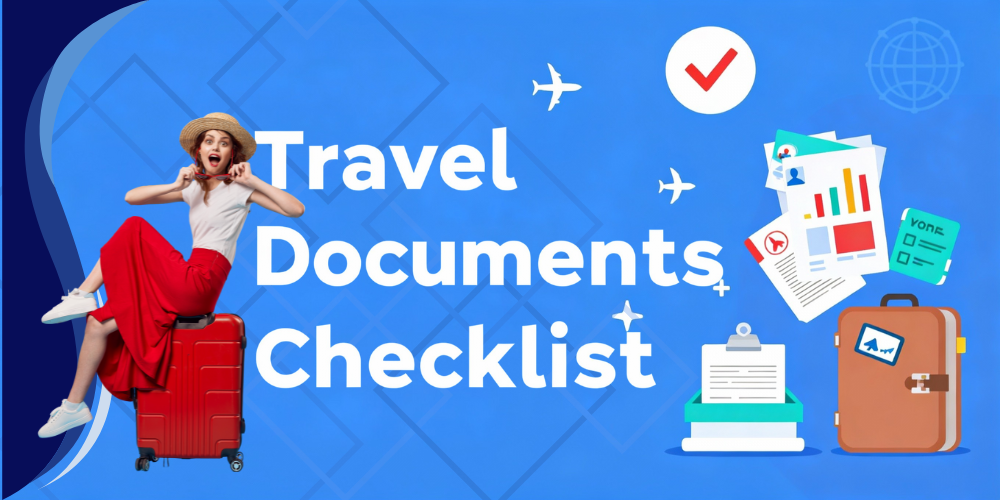
The Ultimate Travel Documents Checklist Before Booking Any Trip
The One Document You Forgot Will Ruin EverythingIt always happens the same way.You’re standing at
Read More

Best Schengen Countries to Visit with One Visa

ETIAS Explained: Europe’s New Travel Authorization System

7 Common U.S. Visa Mistakes That Cause Delays or Rejection

ESTA Explained: Who Needs It and How to Apply in 2026

U.S. Visa Types Explained: Tourist, Student, Work, and Transit Visas (2026 Guide)

The Ultimate Travel Documents Checklist Before Booking Any Trip

Welcome to the VisaTravel blog. We know that navigating the maze of visa applications and online forms can be as tricky as choosing the perfect travel playlist (which is all we want you worrying about anyway).
Throughout our years of experience, though, we’ve uncovered a mountain of knowledge which, via this blog, we’re sharing with you! Whether you're diving into the world of travel visas, wondering about the ESTA online hustle, or just trying to figure out the DS160 form, think of us as your online concierge, here to make the process easy and most of all, clear.
At this point in our global context, who has time for endless paperwork and confusing legal jargon? No one. That's why we're all about spilling the tea on online visa hacks, easier-to-work-with DS160 forms, and giving you tips on everything from tourist visas to immigration, to that last-minute ESTA online adventure.
So, just plug in a word you’re curious about on the search bar, and boom. We've got the tips, tricks, and insider info to help you (and anyone else you may be traveling with) get to your travel destination with the confidence of a seasoned traveler.
Now go explore!
 U.S. Visa
U.S. Visa
 Canada eTA
Canada eTA
 Schengen Visa
Schengen Visa
 New Zealand eTA
New Zealand eTA
 United Kingdom eTA
United Kingdom eTA
 Australia eVisitor
Australia eVisitor
 Vietnam eVisa
Vietnam eVisa
 Egypt eVisa
Egypt eVisa
 Singapore Arrival Card
Singapore Arrival Card
 Sri Lanka eVisa
Sri Lanka eVisa




